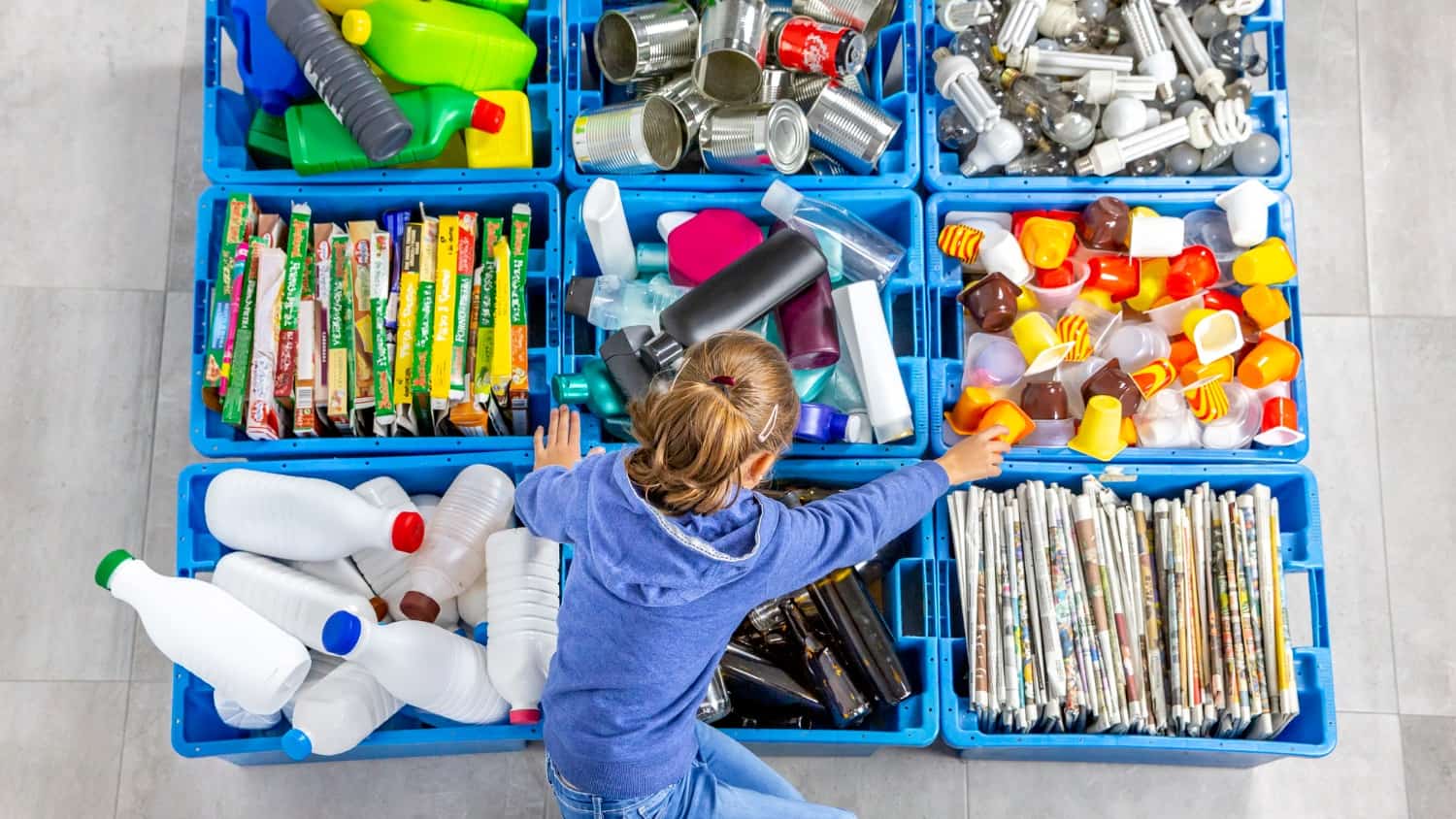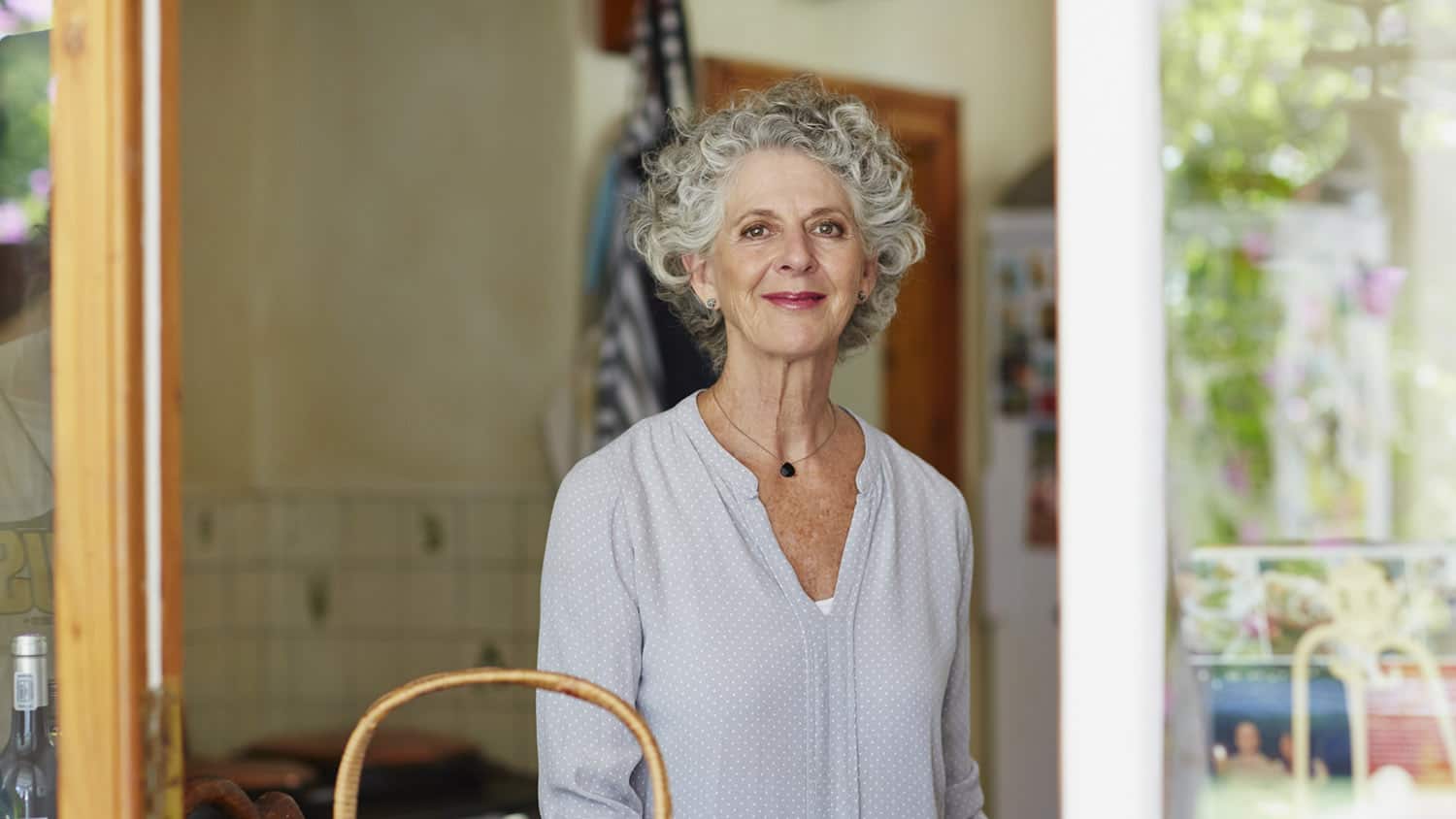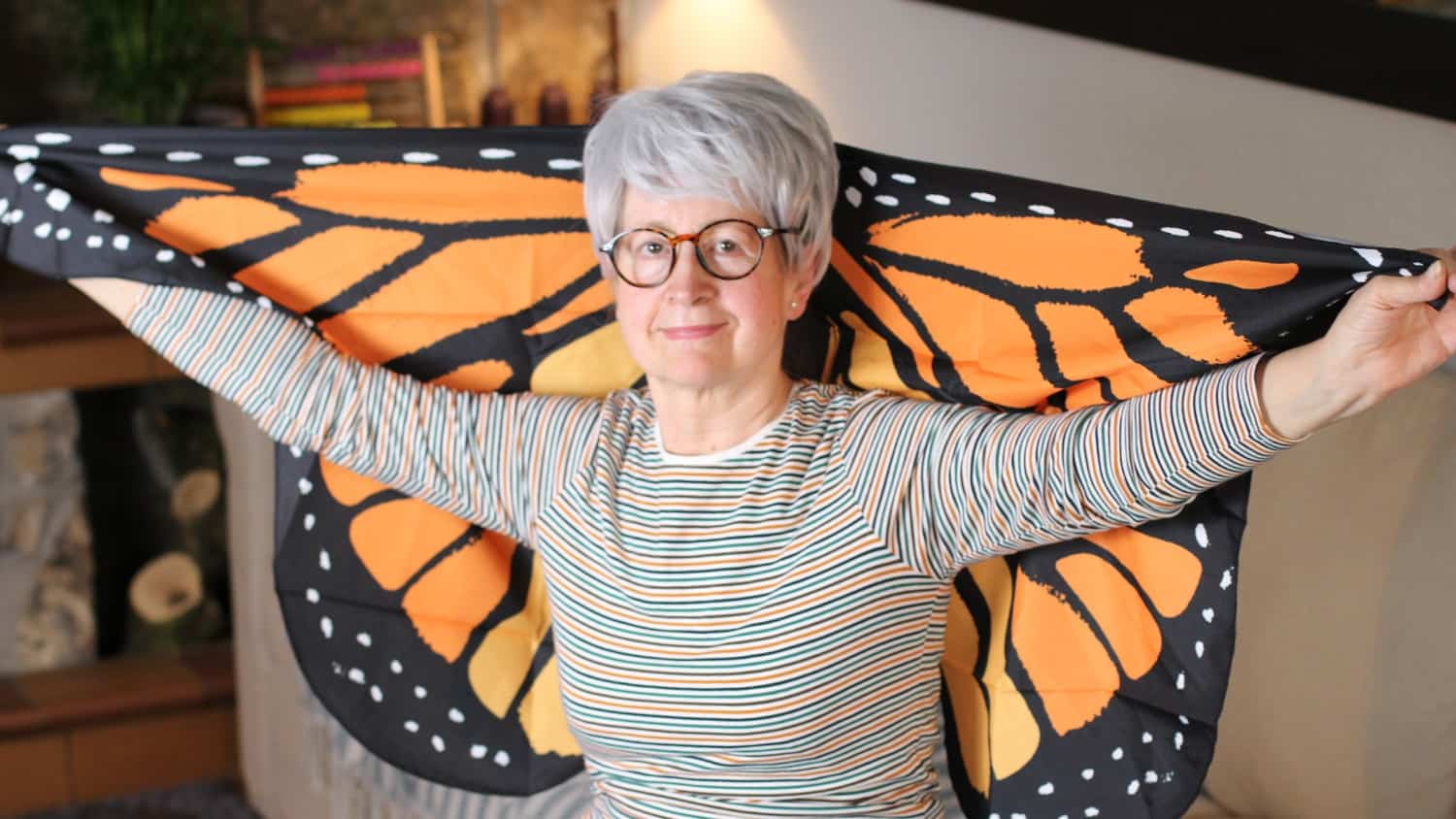
Recycling, Reusing, Expanding – Beyond Paper, Plastic and Glass
Recycling and reuse have been a part of our lives for as long as I can remember, but particularly since the 1990s when the recycling of some combination of paper, plastic, or glass was mandated in many communities.
Still, there are questions as to whether sorting our throw-aways into tidy bins and leaving them on the curb have made any real impact.
Some bright entrepreneurial spirits have gone beyond the ho-hum overplenished categories for recycling and pulled from the trash stream multiple products for reuse as new creations.
Let me tell you about a few.
Where Do All the Cast-Off Flip-Flops Go?
On a trip to Kenya, I was gifted with a tiny multi-colored rubber elephant. It came from our hotel lobby, where we spotted a tree formed from other delightful animal shapes.
It turns out, the tree and animals were created from flip-flops (known throughout the Pacific as slippers) salvaged from ocean trash and landfills.
An innovative Kenyan company named Ocean Sole has a mission to up-cycle the Earth’s flip-flop pollution into inspiring art, to promote conservation and create employment in high impact communities.
When worn-out and abandoned flip-flops float downstream to the ocean, Ocean Sole plucks them out. They are salvaged, cleaned, compressed, and become a new creation.
In addition to the delightful animal and bird shapes available, the flip-flops are recreated to become wall art and newly-made beach shoes.
After You Pop the Cork, What Is Its Next Life?
For years, I have made a ritual of collecting wine and other corks, stashing them in a paper bag, tucked in a drawer, until I have a significant number. Even though I’m not saving or spending, it gives me a sense of frugality to carry them in a backpack on a morning run.
I drop the bag of corks off in a barrel provided by my local nursery and take a pleasant walk through the assortment of plants.
So, I run home with an empty backpack, but where do the corks go? Manufacturers reuse cork in making surfboards, the soles of casual shoes and boots, and various types of yoga equipment.
Perhaps the largest collector of used corks is Recork America. This organization describes itself as an alliance of businesses that collect and repurpose wine corks.
Oh, and by the way, they also have a program to plant cork oak trees. For their partners, they collect, grind, ship, and manufacture recycled cork for use in sustainable products.
There are a number of organizations that do cork collection now. Recork America alone has more than 3,000 collection partners. So, you can probably find one near you. Should you want to add corks to your recycling program, check your local nursery or liquor store.
And How Many Cardboard Boxes Do You Have Stashed from Online Shopping?
When the plastic packing material (you know, those air spaces that kids love to pop) and cardboard boxes in an array of sizes reach a point of taking over a storage area, I quickly strip off name, address, coding labels and haul them off to my nearest UPS or Mailboxes store.
As I walk in with them, my question is always, “Can you use these?” and the answer is always, “Yes, thanks,” as they point to a drop-off corner.
It’s a little like the parable of the starfish being thrown back to the sea. The material the boxes and packing bubbles are made from will have at least one more useful journey before arriving at their final resting place in a landfill.
The flip-flops become a loved toy for a child or a bright wall hanging. The corks contribute to a pair of walking shoes or the lightness and floatation of a surfboard rising with the swell of a wave and skimming the ocean.
Writing this article for Sixty and Me, I am clearly well into my years. I project that if these recycled products are treated well, perhaps they could be sustainable after I am gone, and my children and grandchildren are left to find other ways to minimize the pollution of our land and water.
Do you find recycling on an individual basis relevant? What type of recycling do you find the least time-intensive and easiest to continue as a habit? Please share with our community!
Tags Downsizing Your Life






